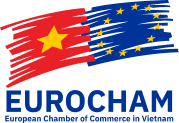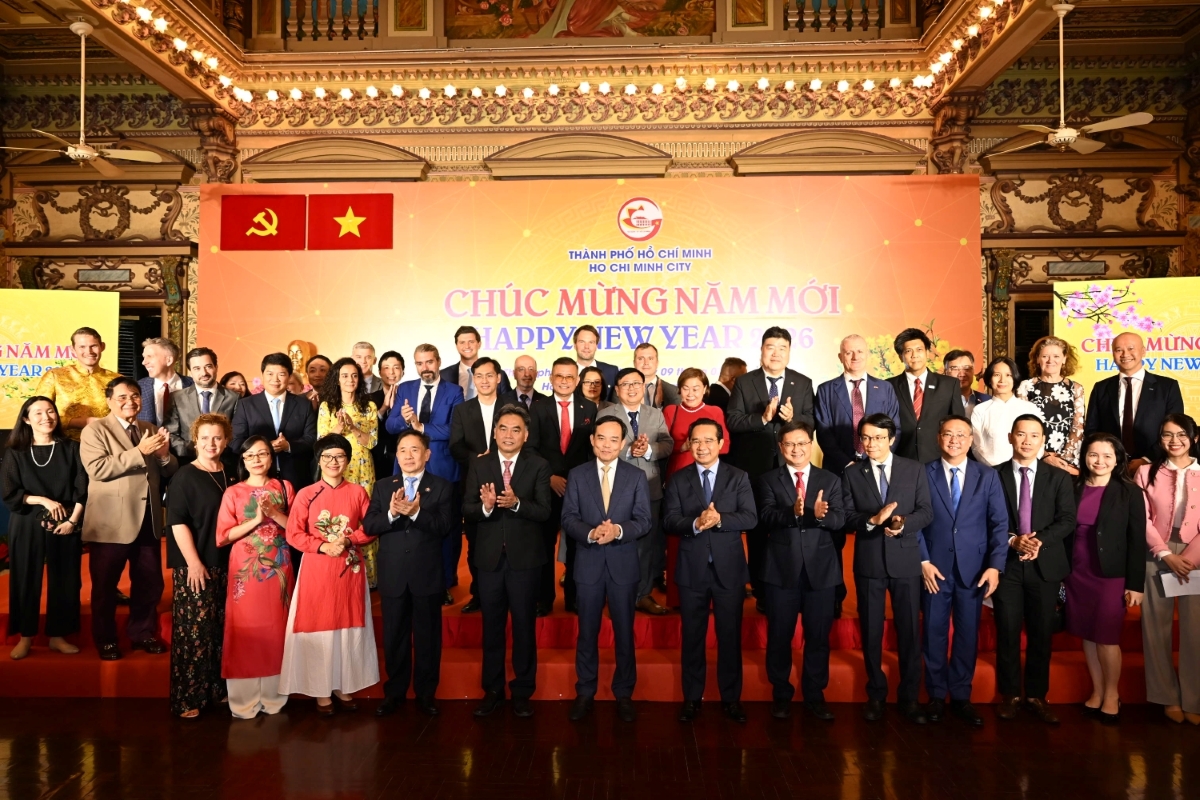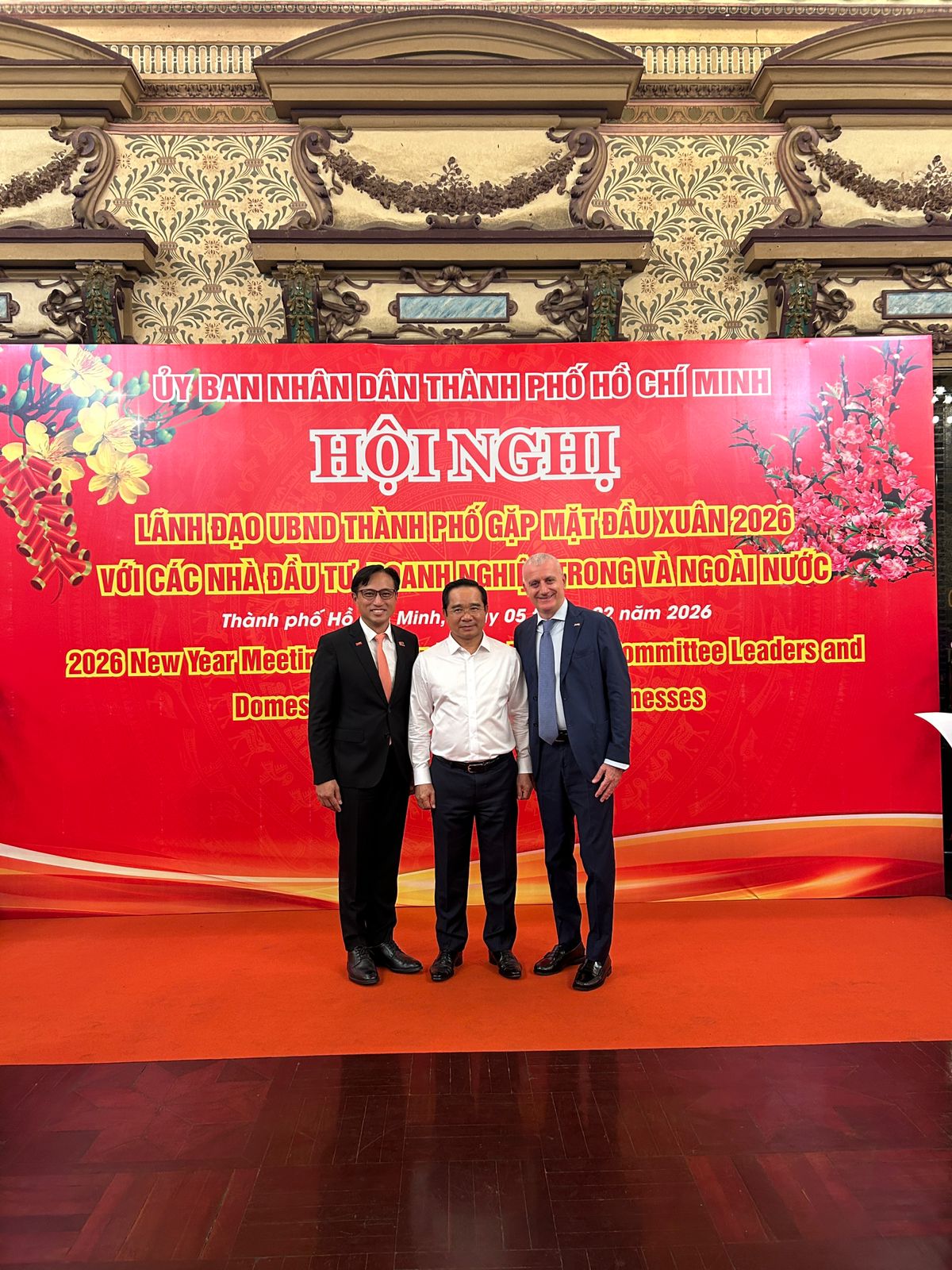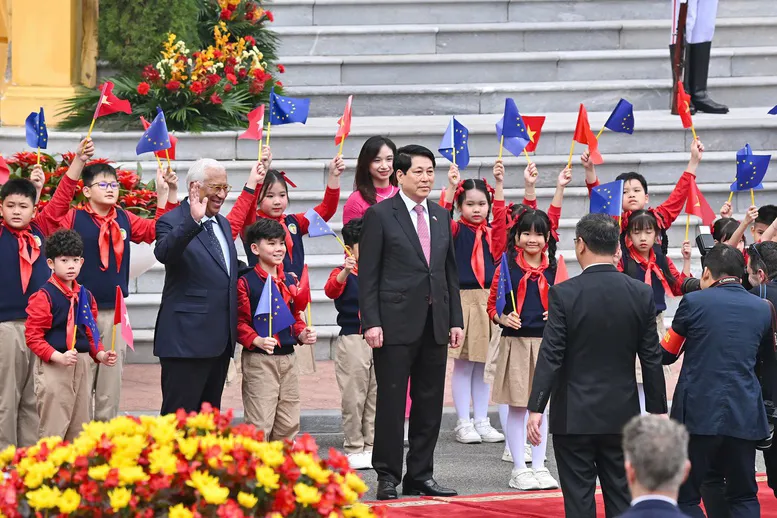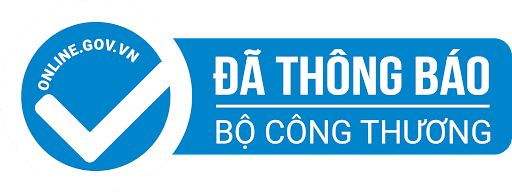In response to the key issues raised during the EuroCham Training and Dialogue session with the Ho Chi Minh City Customs Department on 27 September 2024, the Customs Department has offered important clarifications to assist businesses in navigating Vietnam’s intricate regulatory framework.
The insights, shared in this newsletter by the EuroCham Advocacy team, shed a light on the key challenges and potential solutions to improve operational efficiencies and offer greater confidence among Vietnamese and European enterprises.
On-Site Import-Export Goods and Taxation
A recurring concern among businesses is whether on-site import-export goods, such as pharmaceuticals, are subject to export and import duties. In accordance with Clause 3, Article 2 of Decree 134/2016/ND-CP, these goods are indeed taxable. The Customs Department recommends that enterprises consult their local customs sub-departments for detailed guidance on declaration procedures to ensure accurate and compliant tax reporting. Enhanced collaboration between businesses and customs officials is critical to navigating these requirements effectively.
Tax Refunds under the EVFTA
Another significant issue involves tax refunds under the EU-Vietnam Free Trade Agreement (EVFTA), specifically for excess tax payments caused by supplemental Certificates of Origin (C/O). Although the legal framework for tax refunds is well established, businesses frequently encounter delays in processing additional declarations (AMA), incomplete updates from customs departments, and risks of missing C/O submission deadlines.
To address these challenges, customs authorities put an emphasis on the need for stricter adherence to timelines specified in Article 75 of the Tax Administration Law 2019. Refunds for “refund first, audit later” cases must be processed within six working days, while “audit first, refund later” cases require a 40-working-day timeline. Ensuring compliance with these deadlines will reduce uncertainty and improve the overall efficiency of tax refund processes.
HS Code Pre-Determination and Classification
The pre-determination of HS codes continues to be a significant pain point for enterprises due to prolonged processing times and the volume of technical analyses required. While Article 28 of the 2014 Customs Law empowers the General Department of Customs to handle pre-determination requests, leveraging third-party inspection results is being explored as a potential solution to expedite these processes.
Additionally, the pharmaceutical industry has raised concerns over HS code classification discrepancies. Despite guidance from Circular 09/2024/TT-BYT, disputes over classification are resolved per customs regulations under Article 16 of Decree 08/2015/ND-CP. Customs authorities encourage enterprises to prepare detailed and precise documentation to align with classification requirements, ensuring compliance and avoiding unnecessary disputes.
The Path Forward: Harmonising Guidelines and Streamlining Processes
These responses highlight the critical need for harmonising inter-ministerial guidelines with customs practices to alleviate procedural inefficiencies. Enhanced clarity, consistency in communication, and adherence to established timelines are essential for a business-friendly customs environment.
EuroCham and the Ho Chi Minh City Customs Department remain committed to addressing these challenges collaboratively. By continuing to engage in constructive dialogue, both sides aim to create a more transparent and predictable regulatory framework that supports Vietnam’s trade growth and strengthens confidence among the business community.
Detailed responses from the Ho Chi Minh City Customs Department, available in Vietnamese, can be found here and here. Should you require further assistance or clarification, feel free to reach out to khoa.nguyen@eurochamvn.org.
EuroCham will maintain its role as a bridge to keep its members updated on developments in customs procedures and remains dedicated to representing the business community’s interests in ongoing discussions with customs authorities.
